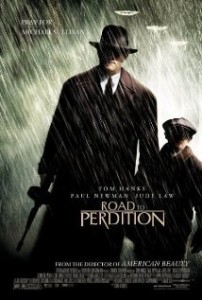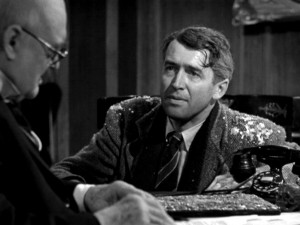Good People, Bad Acts and Intent
Reading Time: 2 minutes.

From Professor Peter J. Henning, more on the “why” of white-collar offenses: When Good People Do Bad Things:
That is the conundrum of many white-collar crime cases: successful business people act in ways that put careers and personal fortunes at risk for seemingly modest gains, and sometimes the misconduct benefits their company but themselves only indirectly.
(See our earlier post: Why’d He Do It?)

This theme runs through many white-collar situations: employees, officers and vendors rarely see themselves as “criminals,” and often act when they are at the end of a rope (their own or someone else’s). Before you protest that taking “motive” or “context” is being soft on business crime, remember two things:
First, such considerations are relevant to guilt or innocence only to the extent that a business crime usually turns on intent (in other words, the act may be lawful or unlawful — it simply depends on what the actor meant to do or understood that what he was doing was wrongful).
Second, in sentencing, “motive” in white-collar cases can not only affect the benefit-received analysis, it also touches on the non-likelihood of recidivism.